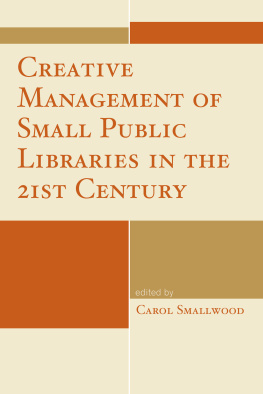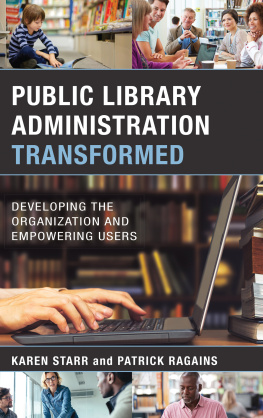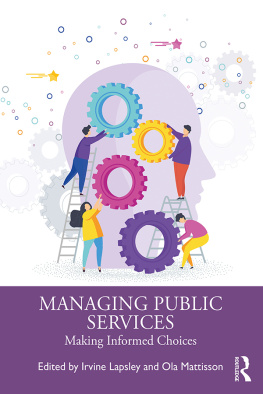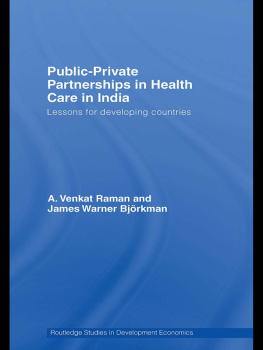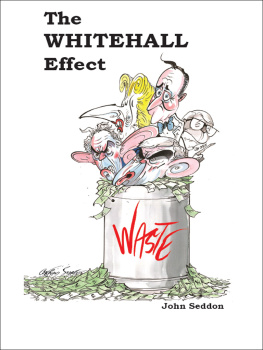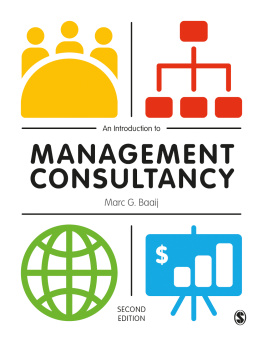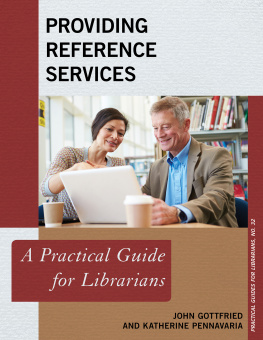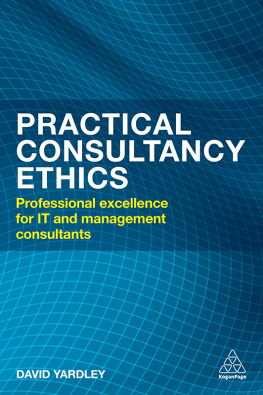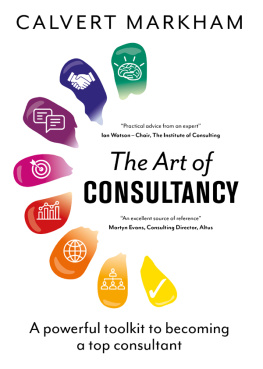First published in Great Britain in 2012 by
The Policy Press
University of Bristol
Fourth Floor
Beacon House
Queens Road
Bristol BS8 1QU
UK
Tel +44 (0)117 331 4054
Fax +44 (0)117 331 4093
e-mail tpp-info@bristol.ac.uk
www.policypress.co.uk
North American office:
The Policy Press
c/o The University of Chicago Press
1427 East 60th Street
Chicago, IL 60637, USA
t: +1 773 702 7700
f: +1 773-702-9756
e:sales@press.uchicago.edu
www.press.uchicago.edu
The Policy Press 2012
British Library Cataloguing in Publication Data
A catalogue record for this book is available from the British Library.
Library of Congress Cataloging-in-Publication Data
A catalog record for this book has been requested.
ISBN 978 1 84742 468 6 paperback
The right of Robert Adams and Wade Tovey to be identified as authors of this work has been asserted by them in accordance with the 1988 Copyright, Designs and Patents Act.
All rights reserved: no part of this publication may be reproduced, stored in a retrieval system, or transmitted in any form or by any means, electronic, mechanical, photocopying, recording, or otherwise without the prior permission of The Policy Press.
The statements and opinions contained within this publication are solely those of the authors and not of The University of Bristol or The Policy Press. The University of Bristol and The Policy Press disclaim responsibility for any injury to persons or property resulting from any material published in this publication.
The Policy Press works to counter discrimination on grounds of gender, race, disability, age and sexuality.
Cover design by Qube Design Associates
Front cover: image kindly supplied by istock
Printed and bound in Great Britain by Hobbs, Southampton
The Policy Press uses environmentally responsible print partners
Readers Guide
This book has been optimised for PDA.
Tables may have been presented to accommodate this devices limitations or/and use scroll function for a complete review of the tables as and where needed.
Image presentation is limited by this devices limitations.
This book is dedicated to Len Wyres (18 November 194113 October 2011) and his colleagues in the North East Social Care Advisors and Hartlepool Partners.
They work as volunteers to ensure that the voices of service users, carers and patients are heard; we have been privileged to work with them and have been inspired by them in recent years.
Introduction
This book has grown from our consultancy in public services carried out over the past 25 years. It challenges the traditional view that consultants exist to be brought in as experts. Instead, it develops a new way of thinking about and doing consultancy with public services, which resonates with the current direction of policy and practice in that it empowers people already in the workforce and those patients, service users, carers and members of the public who work with them and want to engage in delivering high quality services.
While we admit unashamedly that this book is the unplanned outcome of our experiences, we would like to share with the reader our growing conviction that we have developed a systematic approach, which we call an empowerment approach to consultancy. In reaching this point, we have reflected on our practice and have delved into the literature on consultancy to help us to understand what has been happening as we have journeyed. We recognise, of course, that our approach is only one that has evolved from our practice and which suits us. It is only one of many possible approaches it is an empowerment approach and not the empowerment approach.
We believe that this has not only produced this very practical handbook, well illustrated from our practice, but has stimulated us to reconsider our ideas and perspectives on public services in general and on organisations such as hospitals and social services in particular, as part of our search for understanding of our practice, working from practical experience through reflection to a consistent pattern of theories and ideas. However, the book is not just about ideas, but is also concerned with engagement in practice and, crucially, with practical implementation. It deals with all stages of consultancy, from thinking about doing it, to the early stages of negotiating and entering it, through implementation and out at the far end of disengagement. It is concerned not only with consultancy processes but also with outcomes. It is about theories and ideas that are grounded in and grow out of practice.
The book began as a conventional text, with the usual structure, leading from context, theories and perspectives in ), so as to prioritise what is distinctive about the application of our particular approach to consultancy to transforming public services. This does not mean that our reflections are segregated from the actual day-to-day doing of consultancy; in practice, the two have always been woven together.
Our view of consultancy is guided by our understanding of empowerment. This means that we encourage the use of a wide range of techniques, since consultancy for us is a generic term for a broad range of approaches rather than a specialist area of practice. Consultants should be inclusive rather than exclusive, creative rather than working well within safe limits, opportunistic rather than regimented and innovative rather than rule following. It is aimed at anybody who wants to read about consultancy including clients, patients and members of the public, as well as consultants and would-be consultants, of course. Last but by no means least, we hope professionals and managers might read it. We have already had some debates with a few colleagues and former colleagues and, needless to say, have confirmed our view that there is no agreement about these matters. In fact, we could say that the purpose of this book is to stir up debate and incite some controversy about consultancy and those who practise it. While our purpose is to ask questions rather than to provide answers, whatever else, we hope you will find the book stimulating.
Who are we? Our biographies as consultants
We have both worked in different capacities in public services, and we bring to this book our own experiences.
Robert Adams
I have written elsewhere (Adams, 2010, pp 55-6) of the influences that first brought me into contact with innovative practice, in the public services and in the voluntary sector. In a real sense, although not acknowledged by me at the time, my first encounter with consultancy as a radically new and empowering approach was when working as assistant governor (196872) in a young offenders institution in the UK Prison Service. The governor, Roger Dauncey, whom I knew was attached to the Grubb Institute (www.grubb.org.uk) at the time, developed in association with Peter Shapland, regional psychologist in the Midland Region of the Prison Service, an approach to changing the management of the institution which engaged all the staff in meeting and working together to reach consensus about strategies and day-to-day working. Although I did not realise it at the time, John Bazalgette, whose groups I had helped with when I worked as a prison officer at HMP Pentonville, and whose project led to his book


